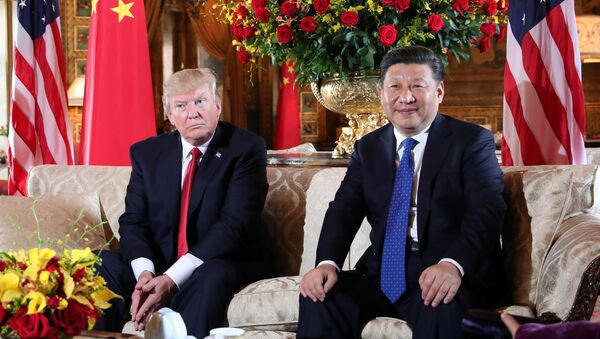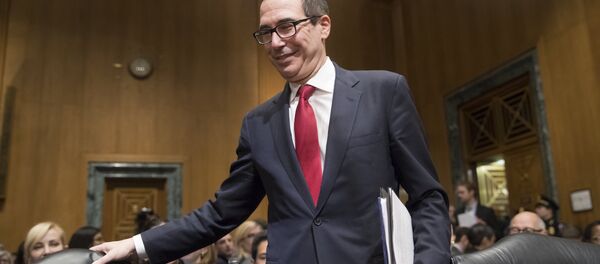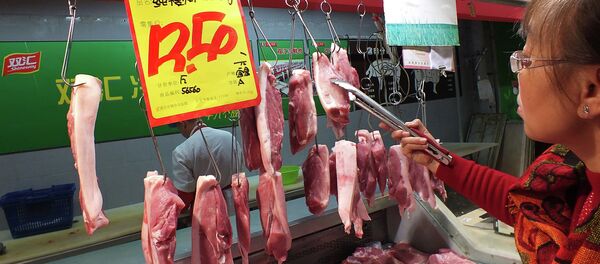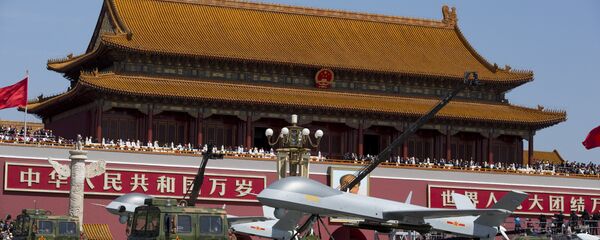Since the dialogue was initiated both sides have made significant advances in implementing the 100-day action plan, the key part of the CED, including in economic and trade relations.
In particular, China has allowed imports of US-made beef while Chinese cooked poultry will be soon available in the American market. Moreover, Beijing has given American companies access to some parts of China’s financial sector. China has also pledged to buy US-produced liquefied natural gas (LNG).
Despite the fact that there is some progress, other sectors in China under US pressure to open up have moved more slowly.
Among the biggest obstacles are US demands that China cut excess capacity in steel and aluminum production, lack of access for American firms to the Chinese services market and US national security curbs on high-tech exports to China.
"It is an excellent momentum builder, but much more needs to be done for US-China commercial negotiations to be considered a success," Jacob Parker, vice president of China operations at the US-China Business Council (USCBC) in Beijing, said, commenting the results of the 100-day talks.
Last week, President Trump nominated Dennis Shea, vice chairman of the US-China Economic and Security Review Commission, as deputy US Trade Representative. Shea has been highly critical of China, according to Reuters.
His commission is charged with assessing the security, economic and trade relationship between the US and China, including Beijing’s compliance with its commitments to the World Trade Organization (WTO).
One of the main irritating points in US-China trade relations is Trump’s policy aimed at bringing back jobs and cutting US reliance on imports.
China is the largest exporter to the US. The majority of consumer goods in the US market are produced in China, including by US-Chinese joint manufacturers. Chinese-made goods account for nearly 80 percent of the US consumer market.
However, this initiative is unlikely to be implemented, according to Viktor Supyan, deputy director of the Institute of the USA and Canada, the Russian Academy of Sciences.
"This will not happen. But speaking hypothetically, even if the US closed its market for Chinese products this would result in serious economic troubles for China. But at the same time, this would create serious troubles for the domestic economy. If all of those goods were produced in the US prices would skyrocket and inflation would significantly increase," Supyan told Sputnik China.
According to the expert, Trump’s plan is unlikely to work out since a government cannot impose its will on the market via administrative tools.
In an interview with Sputnik China, a Chinese economist who did not want to be identified suggested that the Comprehensive Economic Dialogue will first of all focus on consultation on the macroeconomic policies of the US and China.
The contribution of the US and China accounts for over 50 percent of global growth. Last year, China’s contribution to global growth reached 41 percent.
"Macroeconomic consultations between Washington and Beijing will define global economic prospects. On the other hand, if the US and China fail to coordinate their economic policy global growth will be a big trouble. Coordination between the monetary policies of the two countries would have an effect on global production and the commodity market," the economist said.






